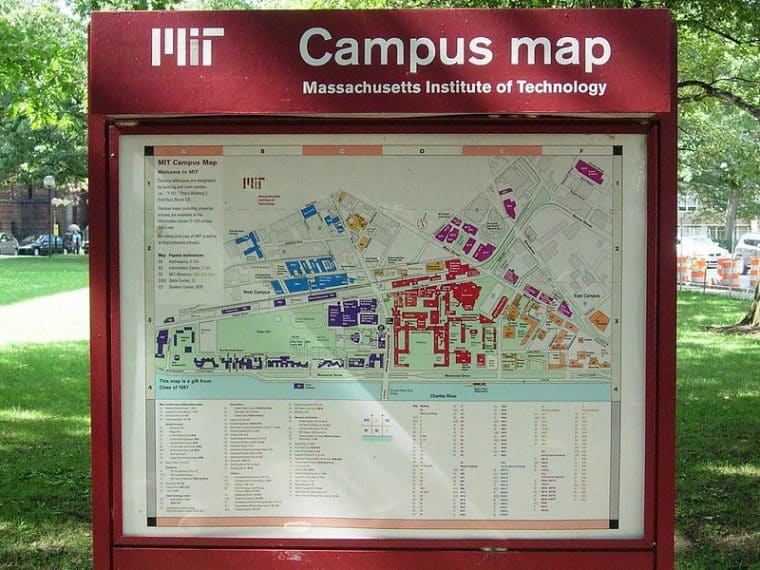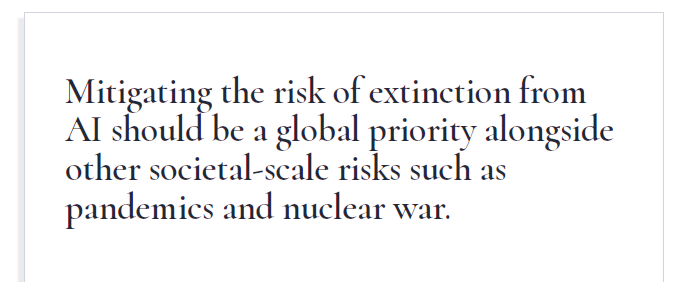
Researchers at MIT performed a study that found that the AI-powered chatbot ChatGPT can significantly boost productivity for certain writing tasks. The results suggest that generative AI has the potential to augment the capabilities of human workers, though many questions remain about real-world impacts.
The MIT team assigned writing tasks to over 450 college-educated professionals in fields like marketing, grant writing, and human resources. Half the participants were given access to ChatGPT to assist with the second of two assignments.
Those who used ChatGPT completed the tasks much faster while also producing higher quality work, according to independent evaluators. On average, task completion time decreased by 40% while output quality rose by 18%.
These were some of the most relevant findings of the study.
- ChatGPT was most helpful for less-skilled participants, reducing inequality between workers.
- Many participants simply pasted the task prompt into ChatGPT and submitted its output with little or no editing, indicating that ChatGPT’s writing abilities exceeded theirs.
- Despite this, participants still reported slightly higher job satisfaction while using ChatGPT.
- One-third of treated participants continued using ChatGPT for real work tasks two weeks after the study.
MIT Findings Partially Confirm the Fear that AI Will Affect Employment
The researchers note that the study has limitations. The tasks assigned did not require much context, knowledge, or fact-checking – areas where ChatGPT often struggles. As a result, real-world productivity benefits may be lower than showcased.
Lead author Shakked Noy says “What we can say for sure is generative AI is going to have a big effect on white collar work.” He added that “it’s still too early to tell if it will be good or bad, or how exactly it’s going to cause society to adjust.”
The findings provide an early glimpse into generative AI’s potential impacts. But questions remain about how companies and workers will adapt, whether demand for AI-assisted work will increase, and what skills will best complement generative AI.
Noy says that more research is needed: “The policy needed to adjust to these technologies can be very different depending on what future research finds.”
Also read: 16 Best AI Writer Tools for 2023
For now, the MIT study confirms what many workers have already discovered – that chatbots like ChatGPT can dramatically boost productivity for certain writing and communication tasks. But the full consequences of generative AI’s rise remain unclear. As the technology improves, its effects on work and the economy may truly reshape our world of work.
Computer Scientists and Tech Experts Have Been Right About AI Thus Far

Tech experts and computer scientists have warned about the significant changes that the broad adoption of AI by businesses and organizations can have on society and employment.
A letter signed by hundreds of prominent figures from the tech space and published a few months ago called for a pause in the development of more powerful AI models beyond GPT-4, the most capable large language model (LLM) released to date by the Microsoft-backed AI company OpenAI.
Meanwhile, thousands of experts signed a declaration from the Center for AI Safety (CAIS) that compared the risks associated with the uncontrolled development and broad implementation of AI with those of nuclear weapons and pandemics.
The latest economic slowdown was used as justification by dozens of tech companies to lay off over 200,000 workers so far this year but analysts have highlighted that the use of AI to automate and expedite certain internal processes and department functions has been partially responsible for these downsizing decisions.
Many careers and work positions will likely be at least partially replaced with AI. Although humans are still needed to perform a few tasks, including prompting the AI models to create the required content, the number of hours that it takes to perform these jobs is being dramatically reduced by the adoption of this technology.